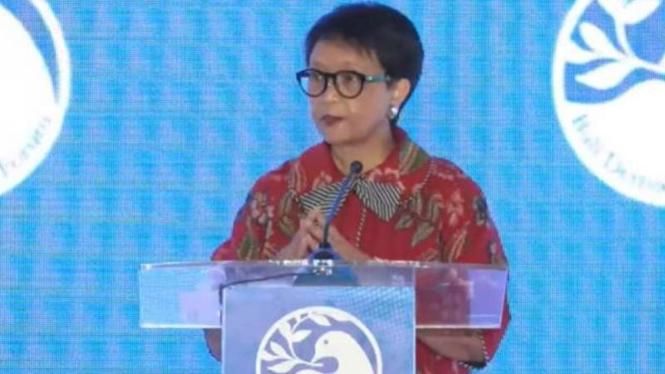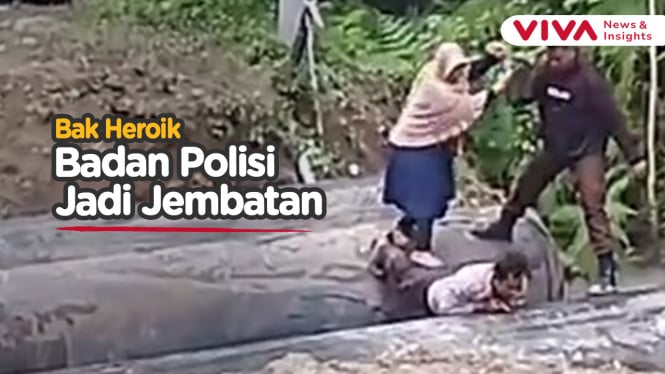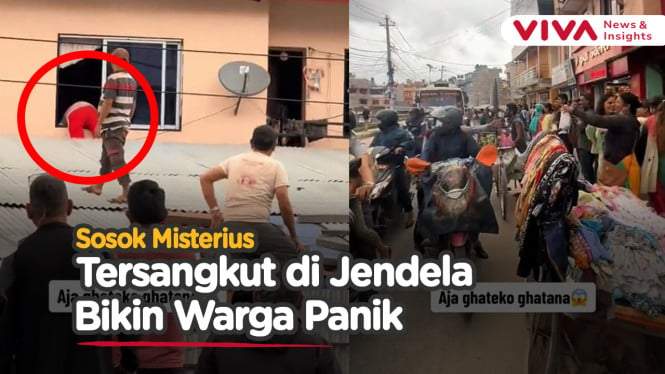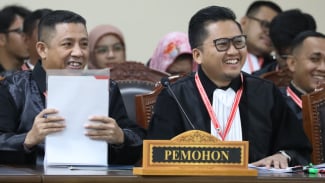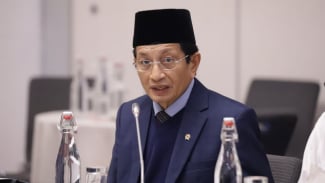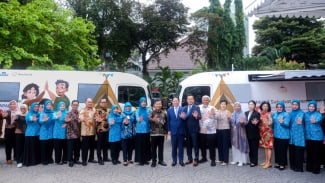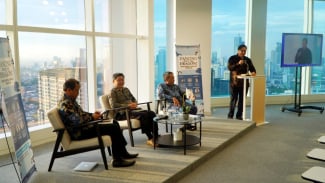Minister Retno Marsudi Highlights Three Torture-Prevention Strategies
- YouTube MOFA Indonesia
VIVA – Foreign Affairs Minister Retno Marsudi drew attention to three points to bolster prevention strategies on torture and ill treatments.
“I would like to share with you three points to bolster our prevention strategies. First, strengthen our legal infrastructure,” Marsudi remarked during a regional seminar on the topic "The UN Convention Against Torture: Building Robust Preventive Networks" held online here on Wednesday.
Several countries already recognized the gravity of prohibition against torture in their constitutions, including Indonesia, she pointed out.
Hence, the minister deemed it necessary to provide a fair legal infrastructure to serve as a strong basis against torture.
In addition, the countries must ensure the capacity of their officials, adequate resources, and compensation to the victims, she remarked.
“Political will is essential to translate our words and commitments into actions,” Marsudi stressed.
The second point pertains to enhancing capacity building against torture.
Each country has different capacity and challenges to prevent and effectively implement the UN Convention against Torture (UNCAT), according to the minister.
“There is no one-size-fits-all formula,” she pointed out.
To this end, inter-state cooperation is a key part of the philosophy of Convention against Torture (CTI) and should enable countries to learn from each other’s successes.
“Through capacity building and training, we can help each other strengthen knowledge and capacity on torture prevention. Indeed, successful stories and good practices can work to inspire others,” she stated.
The third is to broaden engagement with relevant stakeholders.
Engagement is critical with relevant stakeholders, including human rights institutions, research bodies, and civil society, since they could provide the government with inputs to improve the national preventive measures, she noted.
For this year’s seminar, Indonesia encourages participants to include national human rights institutions as part of their delegation.
Indonesia actively engages five institutions as part of the cooperation for torture prevention.
The empowerment of national stakeholders would also enable them to assist law enforcement in preventing torture and increasing public trust in the government, she remarked. (ant)
